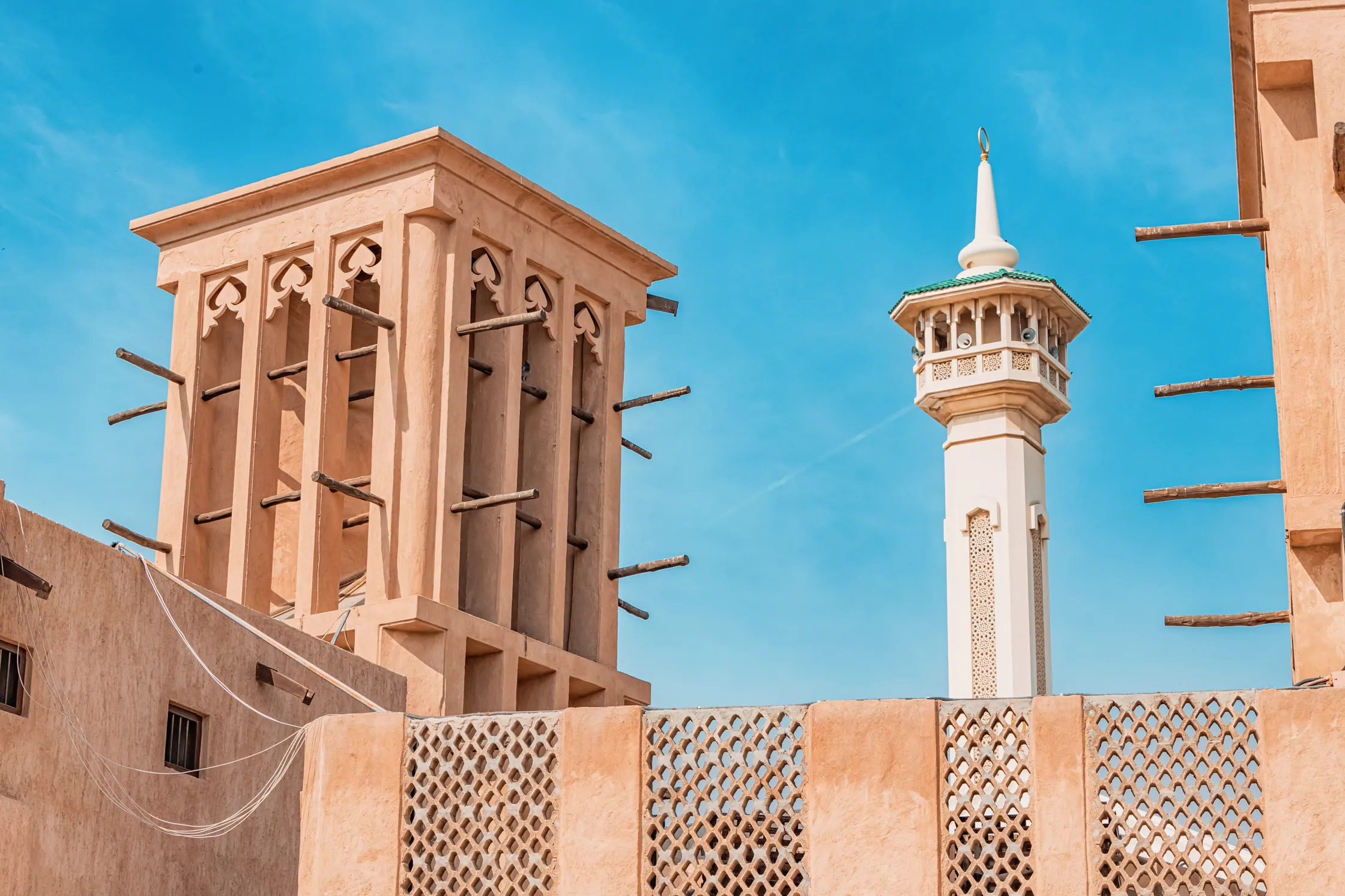Navigating Dubai: Essential Social Customs & Etiquette (2025)

General Rules of Respect and Conduct
Dubai remains a multicultural hub with a significant expatriate presence. Its laws and culture are rooted in Islamic tradition. Respecting these traditions is paramount for all residents and visitors, especially concerning public conduct. Modesty is highly valued. In public areas like malls or parks, wear clothing covering shoulders and knees. Swimwear is acceptable at private pools and beach clubs, but not public beaches. For mosque visits, attire must cover the entire body. Women will need to cover their hair; headscarves are usually provided. These customs foster respect within the community in 2025.
How to Behave During Social Interactions
Greetings are a vital part of daily life in Dubai. A friendly "As-salamu alaykum" (peace be upon you) is a widely appreciated Arabic greeting. When interacting with the opposite sex, it is customary to wait for a woman to offer her hand for a handshake. If she does not, a polite nod and smile are appropriate. Public displays of affection should be minimal. While married couples holding hands is acceptable, more intimate gestures are not permitted publicly and may lead to legal issues. Swearing, shouting, or arguing in public is highly disrespectful, especially during religious periods like Ramadan. Always respect privacy when taking photographs; avoid capturing images of people, particularly women, without explicit permission.
Understanding the Holy Month of Ramadan
Ramadan, the ninth and holiest month in the Islamic calendar, is a period for fasting, prayer, spiritual reflection, and charity. Muslims abstain from all food, drink, and smoking from sunrise to sunset. Non-Muslims are expected to respect fasters by refraining from eating, drinking, chewing gum, or smoking in public during daylight hours throughout 2025.
What to Expect During Ramadan
- Public Eating and Drinking: Many restaurants and cafes operate with revised hours or offer discreet dining areas for non-fasters in hotels and malls.
- Working Hours: Business hours are generally shortened to support those observing the fast.
- Noise Levels: Avoid loud music and excessive noise as a sign of respect during this reflective period.
- Iftar and Suhoor: Iftar, the evening meal breaking the fast, and Suhoor, the pre-dawn meal, are central. An invitation to Iftar is a cherished opportunity to experience local culture.
- Greeting: Wishing Muslim friends or colleagues "Ramadan Kareem" (have a blessed Ramadan) is a thoughtful gesture during this holy month.
Recent Changes to Cohabitation Laws
In a significant legal reform in 2020, the UAE decriminalised the cohabitation of unmarried couples, impacting Dubai expatriate living. This progressive change applies to expatriates, tourists, and residents, allowing consenting adults to share accommodation without being married. This reform aligns Dubai tenancy laws with the city's status as a global hub. Previously, such cohabitation was illegal under Islamic law. While the law has evolved, cultural sensitivities regarding public behaviour may still persist in 2025.
What are the key points of the new cohabitation law
- Unmarried couples, along with family members like siblings or cousins, can legally live together.
- Proof of marriage is no longer required when renting a property in Dubai.
- All co-occupants of a Dubai property rental must be registered with Ejari, Dubai's official tenancy registration system. This is a crucial requirement by the Dubai Land Department (DLD), ensuring compliance with Dubai tenancy laws. This Ejari registration Dubai process is vital for documenting all residents.
- While not a legal requirement, a cohabitation agreement can outline financial contributions and responsibilities between occupants, offering clarity for shared Dubai renting property arrangements.
Interacting with the Opposite Gender
Cultural norms regarding interactions between unmarried men and women in Dubai remain more conservative than in many Western nations. It is important to be respectful and maintain a professional, friendly distance. When greeting a Muslim woman, politely wait for her to offer her hand first. If she does not, a simple nod and smile are the appropriate gestures of respect. Generally, unrelated men and women avoid physical contact during public greetings.
Final Thought
Living in or visiting Dubai offers a unique blend of tradition and modernity. By understanding and respecting local customs – encompassing modest dressing, public conduct, and Ramadan etiquette – you ensure a positive and enriching Dubai expatriate living experience. The city's evolution, including recent legal reforms affecting Dubai property rental and cohabitation, highlights its progressive nature. However, appreciating its cultural foundations remains essential for all navigating Dubai in 2025.
Get Your Free Dubai Investment Guide
What's Inside:
- ✓8+1 reasons international investors buy in Dubai
- ✓Market overview – the numbers you must know before investing
- ✓Off-plan vs Ready – what are the advantages?
- ✓Top 6 emerging locations for off-plan investment
- ✓Golden Visa – frequently asked questions answered
Your information is private. We never spam.







